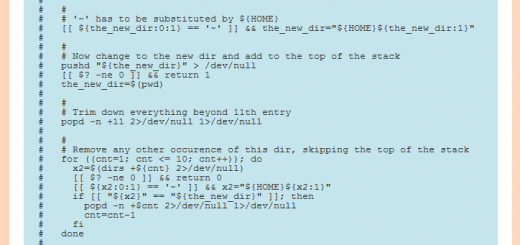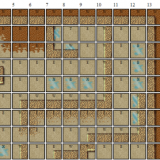Useful Linux Commands
Locate PHP error logs on the server
grep 'error_log' /etc/php.ini | awk -F= '{ print $2; }'
Restart your bash_profile
. ~/.bash_profile
Change to your home directory
cd ~
View your history
history 50
Search your history
Ctrl+R then type what you're looking for
Search files in a directory
grep -Rn what_your_looking_for path_to_directory_you_want_to_search
Change file permissions
chmod filename_here permissions_here
Change permissions for all files in a directory
chmod -R path_to_directory permissions_here
Edit crontabs
crontab -e
Restart apache service
service httpd restart
Restart apache
/etc/init.d/httpd restart
Figure out which directory you’re in
pwd
List all files and hidden files in a directory
ls -la
Auto-complete path file names
start typing the file name in the directory then hit the tab key. Hit it twice to show all files matching what you've typed so far
Display a part of a file without opening an editor
cat path_to_file
Extract all files from a .tar.gz archive
tar -zxvf path_to_archive.tar.gz
Move a file or folder directory
mv path_to_file new_path_to_file
Remove a file
rm path_to_file
Remove a folder directory
rm -Rf path_to_folder
Create a folder directory
mkdir path_to_folder_you_want_to_make
Copy a file
cp path_to_file path_to_file_copy
Copy a folder directory
cp path_to_folder path_to_folder_copy
View help files for a command
man command













